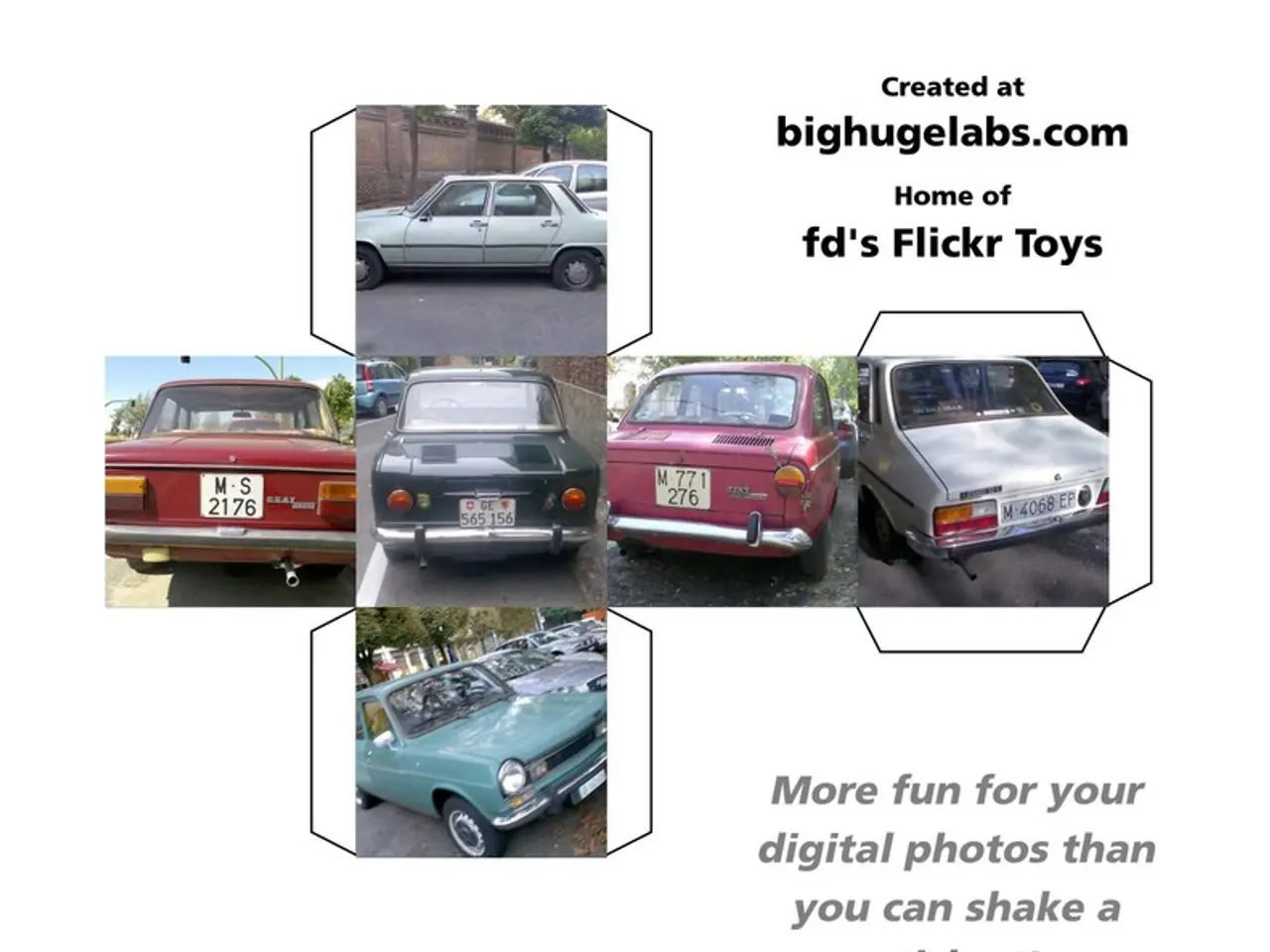Tech enthusiasts, especially car owners, are expressing approval for some newer innovations, but expressing reservations about others, according to JD Power.
New Study Reveals Mixed Feelings About In-Car Technology
A recent study published by J.D. Power, the 2024 U.S. Tech Experience Index Study, has uncovered an intriguing mix of appreciation and frustration among new car owners regarding in-car technology.
The study, conducted by IHS Markit, analysed the opinions of nearly 82,000 new 2024 model-year vehicle owners, evaluating automakers' adoption of new technologies and gathering feedback about specific features.
Smart climate control systems, for instance, are generally welcomed by new car owners, providing a comfortable driving experience. However, technologies such as facial recognition and interior gesture controls are seen as unsuccessful solutions to non-existent problems. These features are often criticised as unnecessary or difficult to use.
Passenger display screens also receive negative reviews, with owners finding them superfluous and hard to navigate. Some technologies are perceived as little use and continually annoying, adding to the growing complaints about technology within vehicles.
Interestingly, active driving assistance features rank among the lowest-rated features in terms of perceived usefulness. Despite their intended purpose of increasing vehicle safety, these features are often seen as superfluous by drivers. On the other hand, technologies like backup assistance, which address specific problems such as visual blind spots, are seen as useful.
The study also highlights the importance of a strong advanced tech strategy for all vehicle manufacturers. Kathleen Rizk, senior director of user experience benchmarking and technology at J.D. Power, emphasised this point, stating, "A strong advanced tech strategy is crucial for all vehicle manufacturers."
The study's findings can help automakers evaluate their advanced technology strategies, enabling them to "determine the technologies that deserve the most attention while helping them ease escalating costs for new vehicles," according to Rizk's statement.
In terms of mass market innovation, Hyundai, Kia, and GMC took the top three spots, respectively. On the luxury side, Genesis, Lexus, and BMW emerged as the brands most excelling in innovation.
As technology continues to evolve in the automotive industry, it is essential for manufacturers to listen to their customers' feedback and adapt their strategies accordingly. By doing so, they can ensure they are providing technology that enhances the driving experience rather than frustrating it.
Rising complaints from car owners about technology within their vehicles are being tracked, and it will be interesting to see how manufacturers respond to these concerns in the future.
Read also:
- Show a modicum of decency, truly
- Advanced Brabus Model Not Suitable for Inexperienced Drivers
- Latest Developments in Electric Vehicle, Battery, and Charging: IBM, Tervine, ACM, Clarios, Altris, 25M, Lion Electric, InductEV, EVgo, Toyota, EVCS, StoreDot, and REE Are in Focus
- Latest updates for July 31: Introduction of Ather 450S with expanded battery, unveiling of new Tesla dealership, and additional news








